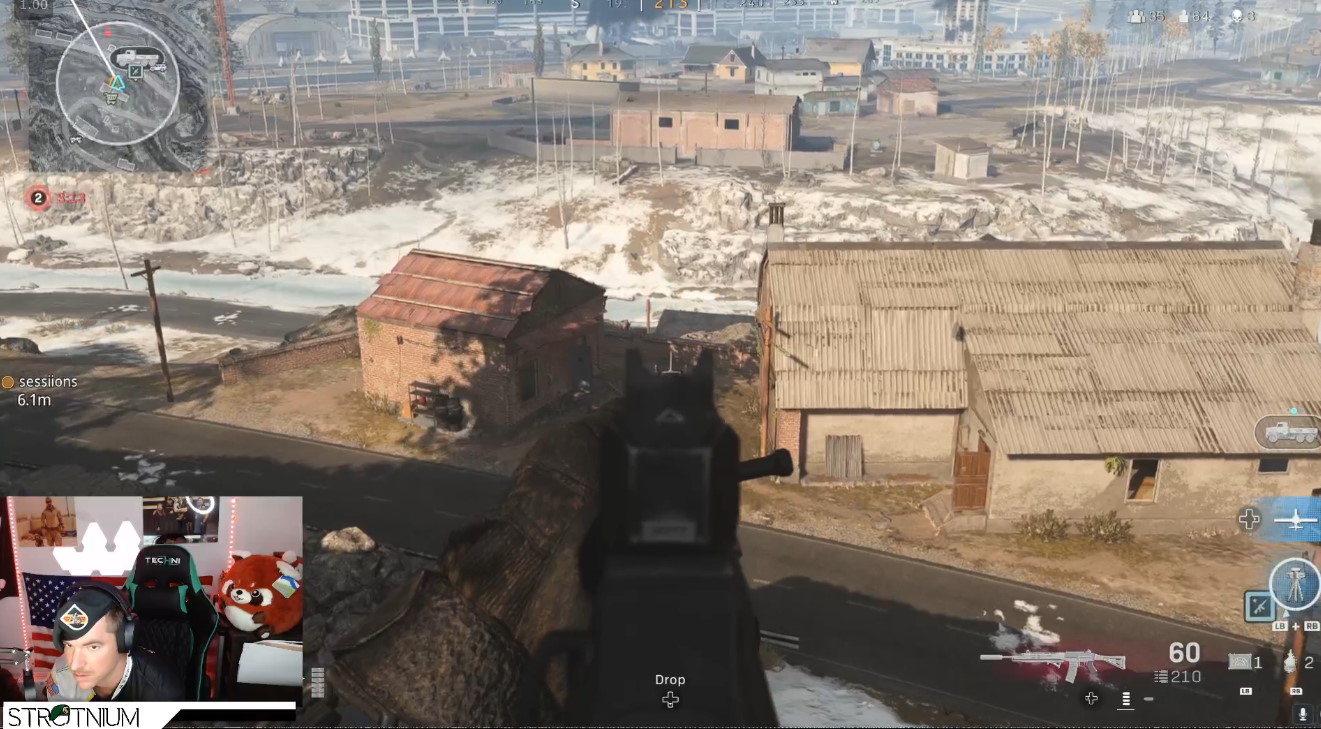Starting on Wednesday the United States Army Twitch account has been under attack. The Army put together am eSports team back in 2018 in an attempt to allow their soldiers show off their digital murdering skills while being a recruitment tool for all the young computer jockies out there.
Recently, the Army launched their very own Twitch channel in an even greater marketing push for the team and Army. It seemed like a good idea and the next logical step, but things have not been going as well as the Army had hoped. The Army is now having their values attacked by the online community.
During a Call of Duty: Warzone stream, which is hilarious in and of itself, their Twitch stream was inundated by players asking about various war crimes committed by the United States Army. Those questions were quickly deleted by the mods but they had trouble keeping up with all of them.
Much of this really kicked off thanks to a simple Twitter exchange between the U.S. Army and Discord. It was an innocuous thread but ended with the Army responding to Discord by tweeting “UwU” which many saw as something in really bad taste considering it came from the Army.
— The Big Chillin (@Kofie) July 8, 2020
“I think every post that I do from now on is going to say ‘UwU’ in it, just to flex. Y’all gonna go talk all that crap to my angel on the esports team, the nicest person in the entire world,” said Joshua “Strotnium” David, a US Army Ranger and member of the team. “Little internet keyboard monsters is what you are,” he said. “I won’t stand for that. I’m bigger than you.”
His comments didn’t seem to calm things down. Weird, I know. It’s almost as if antagonizing the internet is a really, REALLY, bad idea. The Army, and most branches of the military, have embraced video games as a recruitment tool over the years with many now having dedicated esports teams.
Interesting to note is that the Marines opted out of an eports team and gaming as a recruitment tool “due in part to the belief that the brand and issues associated with combat are too serious to be ‘gamified’ in a responsible manner.”

